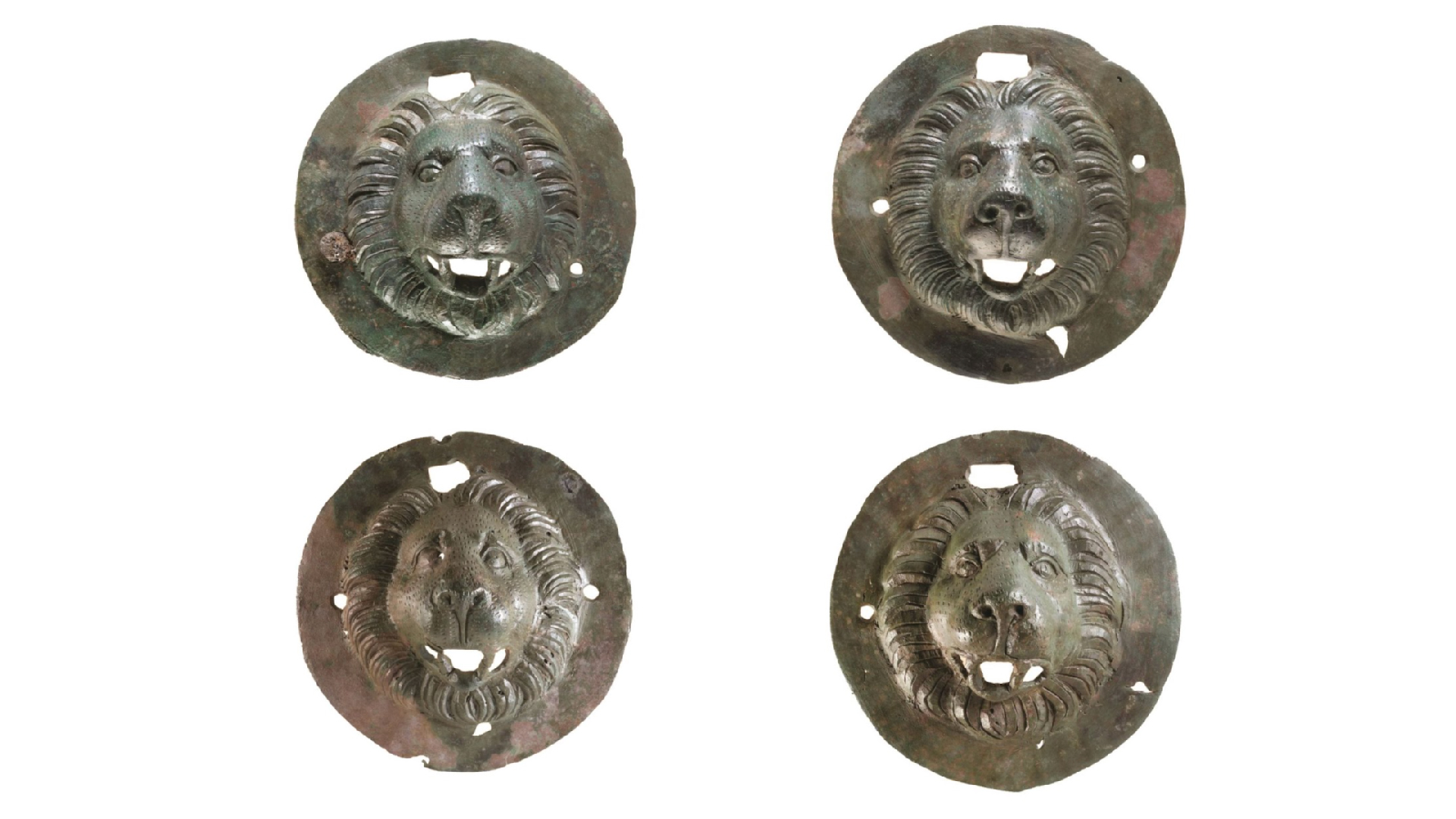First dog with confirmed coronavirus infection has died — but we don't know if it was because of the virus.
The dog did not develop symptoms of illness while infected, and had been allowed to return home after finally testing negative for the virus.

Editor's note: This article was originally published on March 3 and reported the first known case of human-to-animal transmission of the novel coronavirus. The article was updated on March 18 to reflect the animal's death.
A pet dog that contracted a "low-level" COVID-19 infection from its owner has now died, according to news reports. The owner has not allowed the dog to be autopsied, so the exact cause of death remains unknown.
The 17-year-old Pomeranian first tested "weak positive" for the virus on February 28, and experts from the University of Hong Kong, City University and the World Organisation for Animal Health "unanimously agreed" that the test results reflected a plausible case of human-to-animal transmission, according to a South China Morning Post report published March 4.
The dog was quarantined at a government facility from February 26 to March 14, after it finally tested negative for the virus and was allowed to return home, the South China Morning Post reported March 18. The animal died on March 16, the dog's owner told the Hong Kong Agriculture, Fisheries and Conservation Department (AFCD).
The dog's owner, a 60-year-old woman, first tested positive for COVID-19 on Feb. 25 and was hospitalized at the time, according to the news report. She returned home on March 8 after recovering from the illness. The genetic makeup of the virus found in people and the virus found in the woman's Pomeranian appeared similar, the AFCD reported. "The [gene] sequence results indicate that the virus likely spread from the infected persons and subsequently infected the dog," they noted in a statement.
So, should the public worry about picking up SARS-CoV-2 from their beloved pets, or their furry companions falling ill? Experts still say no.
The dog of a Covid-19 patient in Hong Kong has tested “weak-positive” for the #coronavirus, but officials say there is no evidence pets can spread the infection https://t.co/DK8ShrWbyR pic.twitter.com/WMQRkoMXduMarch 5, 2020
The AFCD reported that there is no evidence that dogs could be a source of COVID-19 infection for humans, or that the animals themselves can become sick after contracting the virus, according to the South China Morning Post. Notably, the infected Pomeranian did not fall ill or show any symptoms of disease, the report noted.
Get the world’s most fascinating discoveries delivered straight to your inbox.
Dogs and cats also contracted low-level infections of severe acute respiratory syndrome (SARS) during the 2003 outbreak, animal health expert Vanessa Barrs from City University told the South China Morning Post.
"Previous experience with SARS suggests that cats and dogs will not become sick or transmit the virus to humans. At that time, a small number of pets tested positive but none became sick," she said. "Importantly, there was no evidence of viral transmission from pet dogs or cats to humans," Barrs added.
Initially, one respiratory medicine expert, David Hui Shu-cheong of Chinese University, cast doubt on the dog's diagnosis because the animal had not received a serological test — a blood test to determine what antibodies were present in its blood, he told the Post. "If the blood test result is negative," meaning antibodies generated to fight off the virus are not present, "it means the dog is not infected," he said. The Pomeranian received a serological test on March 3 which came back negative for coronavirus-specific antibodies, but that does not mean its diagnosis was wrong, the AFCD noted.
"It is known in some asymptomatic or mild cases of human infections with other types of coronavirus that antibodies may not always develop," the AFCD noted in a statement. In other words, the dog's mild immune response may not have been enough to trigger the generation of antibodies.
Assuming the dog's initial diagnosis was correct, pet dogs the world over could potentially become infected with SARS-CoV-2. But they likely wouldn't get sick. And to reiterate, based on what we know about other coronaviruses, it's unlikely that humans can catch the virus by snuggling with their pets.
Just in case, the Centers for Disease Control and Prevention (CDC) recommends that people with COVID-19 have someone else walk and care for their companion animals while they are sick. And people should always wash their hands after snuggling with animals anyway, as companion pets can spread other diseases to people, according to the CDC. Keeping these precautions in mind, a Hong Kong animal welfare organizations emphasized that pet owners are highly unlikely to catch COVID-19 from their animals.
"We wish to remind the public that there is no evidence that companion animals can transmit the disease to humans," Society for the Prevention of Cruelty to Animals (SPCA), the largest independent animal welfare charity group in Hong Kong, said in a statement, according to the Post. "Currently, there is no justification in taking measures against companion animals which may compromise their welfare," the World Organisation for Animal Health added in a statement.
- Going viral: 6 new findings about viruses
- The 12 deadliest viruses on Earth
- Top 10 mysterious diseases
Originally published on Live Science.
OFFER: Save at least 53% with our latest magazine deal!
With impressive cutaway illustrations that show how things function, and mindblowing photography of the world’s most inspiring spectacles, How It Works represents the pinnacle of engaging, factual fun for a mainstream audience keen to keep up with the latest tech and the most impressive phenomena on the planet and beyond. Written and presented in a style that makes even the most complex subjects interesting and easy to understand, How It Works is enjoyed by readers of all ages.

Nicoletta Lanese is the health channel editor at Live Science and was previously a news editor and staff writer at the site. She holds a graduate certificate in science communication from UC Santa Cruz and degrees in neuroscience and dance from the University of Florida. Her work has appeared in The Scientist, Science News, the Mercury News, Mongabay and Stanford Medicine Magazine, among other outlets. Based in NYC, she also remains heavily involved in dance and performs in local choreographers' work.

